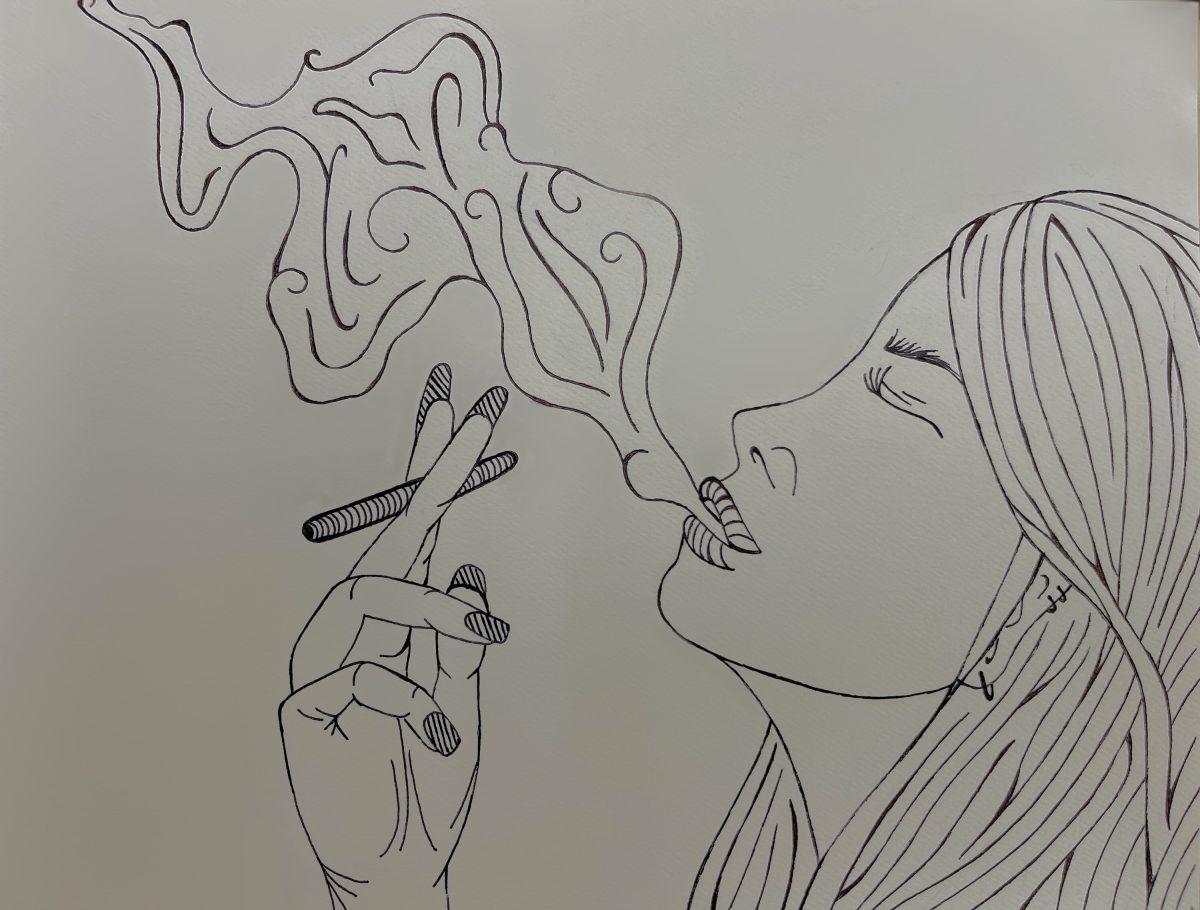You may have noticed a change to your new ID card: a list of crisis hotlines. California Senate Bill No. 972, approved in Sept. 2018, requires all public, private and charter schools of grades 7 to 12, as well as institutions of higher education, to print the National Suicide Prevention Lifeline, the Crisis Text Line and a local suicide prevention lifeline on all identification cards.
This change provides a necessary resource to students. If seeing those numbers on their ID card can help even one student, it is worth it. However, the effectiveness of these resources in suicide prevention is inconclusive. These hotlines can reduce distress in the moment and prevent someone from dying by suicide in the following weeks. But no comprehensive study has proven that hotlines prevent deaths by suicide over time or lower suicide rates.
It is hard to study the effect of hotlines on suicide rates scientifically because it is not a controllable variable. In general, callers report a reduction in suicidal thoughts and distress by the end of their call. But effectiveness can vary based on the experience of the counselor and if they have had suicide intervention training.
Accurately assessing suicide risk is also difficult. A 2017 Scientific American article by Drs. Declan Murray and Patrick Devitt denounces suicide risk assessment based on a formula. They cite that there has been no improvement in suicide risk assessment over the last 40 years, and the strongest risk factors for suicide, such as previous self-harm and health problems, are so general that they do not help in assessing risk. Even trained psychiatrists are barely better than chance at predicting a suicide, yet they are at risk of a malpractice lawsuit if a patient dies by suicide. Many doctors will hospitalize a patient to prevent their own liability even if this is not the best option, especially since 95 percent of high-risk patients will not die by suicide, and 50 percent of suicides were patients deemed lower-risk.
Obviously, determining suicide risk is complicated, even for those with years of mental health training. This does not mean that crisis lines are not valuable. They receive millions of calls a year and can connect people to local therapy and mental health professionals, as well as de- escalate situations and help callers develop coping strategies they can employ independently.
“Having supportive people there to talk to you when in need seems like a humane, logical thing to do even in the absence of evidence,” Matthew Nock, a Harvard psychology professor who studies suicide, said in a 2018 Vice article.
Considering the difficulty of assessing suicide risk, and the fact that only 50 percent of callers who are referred to mental health services actually access them, it would seem that there is little that can be done for someone that is suicidal. But this is no excuse to pass on a number and deny any further responsibility. 1-800-273-8255 is ubiquitous, appearing when you search Google for anything related to suicide, even titling a Grammy-nominated 2017 track by the rapper Logic. While circulating this resource is important, it almost becomes an empty gesture as most of us are aware of it already. Is sharing a phone number really the most we can do for each other?
All of us have the ability to treat others with empathy. Although many people are uncomfortable talking about suicide, research shows that acknowledging and discussing suicide does not increase suicidal ideation and may even reduce it. Simply listening to the people around you and connecting with others can improve mental health. We are all afraid sometimes to take the extra step, reminding your friends or those around you that you care, because we don’t want to be vulnerable. But it’s better to be sincere with those around you then to regret not being truthful about your feelings.
“Whether you’re talking to a caller at a crisis counseling center or just talking to a friend who is having thoughts of suicide, there’s a common misconception that you should rush to talk them out of killing themselves,” an anonymous crisis counselor said. “My job has taught me that that’s just not the case. Really, my job, and all of our jobs, is to form a connection with that person, to meet them wherever they are in life, and show them unadulterated empathy.”
If you need help, or know someone who does, call Marin’s 24/7 suicide prevention and crisis hotline at 415-499-1100. For in-person or telephone grief counseling, call 415-499-1195.





































